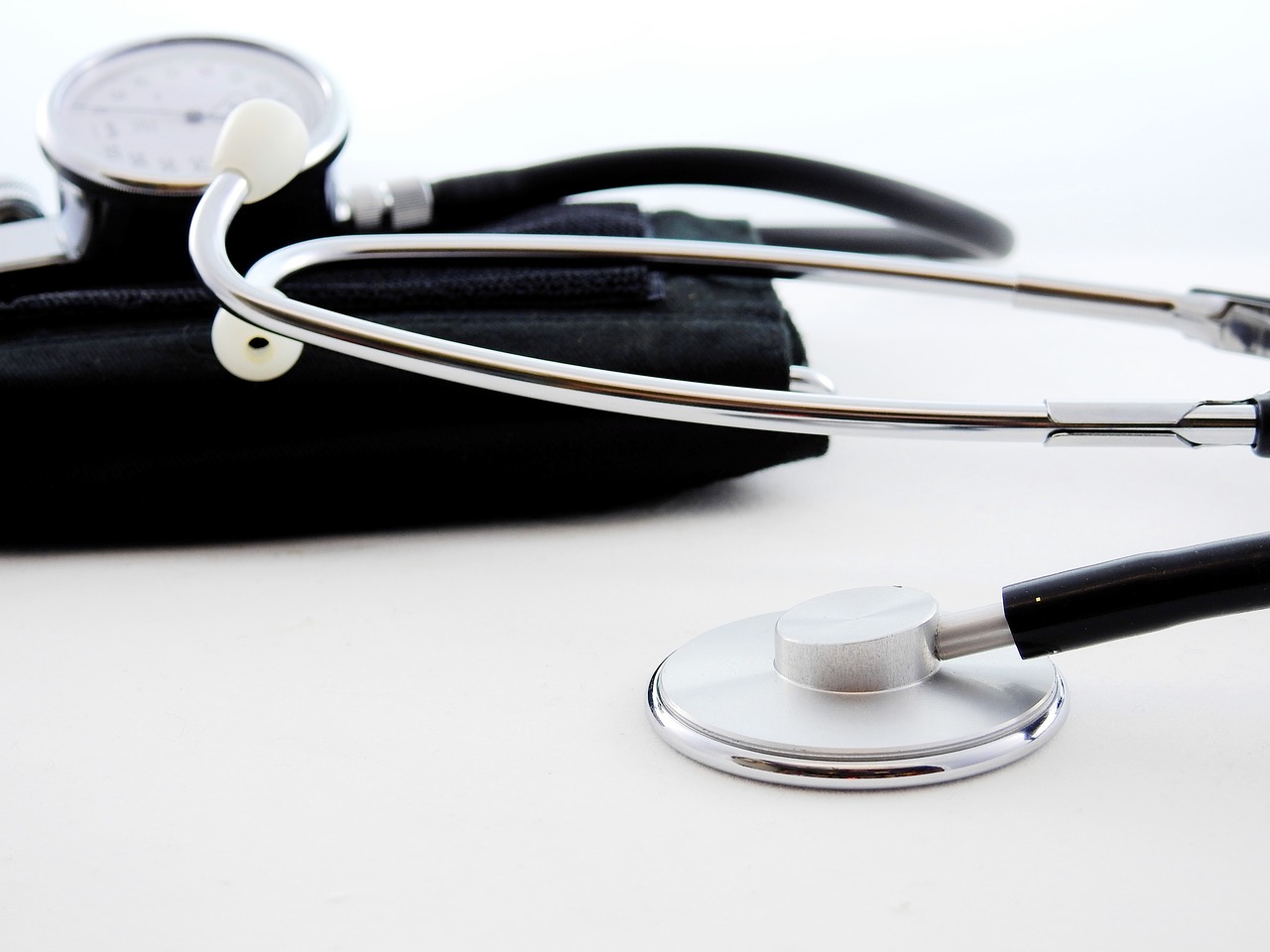By Dr. Jennifer Forney, Forney Wellness Group, LLC
As we ready for the New Year, many of us set resolutions — hitting the gym, eating better or spending more time with loved ones. While these are all wonderful goals, there’s one area that often gets overlooked: preventive health.
Research indicates 79% of all New Year’s resolutions made involve health and fitness goals. Not surprisingly, only 9% of people actually end up achieving their resolutions, with a majority fizzling out by late January due to lack of ambition, difficulty or even simply forgetting.
(In other words, life hits and those dreams of a better life fall out of focus after the champagne wears off.)
A focus on preventive health might just be the most impactful resolution you make, regardless of your age or stage in life. Yes, this could include wellness and fitness goals. But some easier aspects of focusing on preventive health in 2025 could include finally getting around to scheduling that doctor appointment or seeing a mental health counselor for the first time.
In this blog, we’ll discuss some options to be proactive about your health in the New Year.
Preventive Health: Staying Ahead of Potential Issues
You’ve heard the old adage, “An ounce of prevention is worth a pound of cure.” Preventive health is not waiting for a problem to arise, but actively working to ensure your body and mind are in the best condition possible. In today’s fast-paced world, many of us think of the doctor’s office as a place to go when something feels wrong.
But what if we reframed this as a resource for maintaining our health and preventing issues before they start?
What Is Preventive Health & Why Does It Matter?
Preventive health includes regular screenings, checkups and counseling to catch potential problems early — often before they even show symptoms. Think of it as giving your body a tune-up, much like you would a car, to avoid breakdowns later. Being proactive with preventive health ensures you can live the vibrant, active life you deserve.
Shockingly, only 8% of adults receive the preventive care recommended to them.
Consider this: many chronic conditions like heart disease, diabetes or certain types of cancer, develop silently over time. For example, people eat diets full of fatty and cholesterol-laden red meats for decades only to be told in their 50s or 60s that they need double-bipass surgery. By the time symptoms show up, treatment often becomes more complex and invasive.
Preventive screenings — such as checking your blood pressure, cholesterol or glucose levels — can red-flag issues when they’re easier to manage or even reverse.
Emerging research also suggests that regular physical activity and counseling for healthy habits can reduce your risk of developing not just physical conditions, but also mental health challenges like anxiety and depression.
Types of Preventive Health
Preventive health is comprehensive and spans all areas of your well-being. Here are some examples:
1. Screenings for Early Detection
- Cancer Screenings: Breast, cervical, colorectal and prostate cancer are among the most common types that can be detected early with routine screenings. Early diagnosis often means more treatment options and better outcomes.
- Chronic Conditions: Regular blood pressure and cholesterol checks can help identify hypertension or high cholesterol before they lead to more serious issues like heart attacks or strokes. Diabetes screenings can catch elevated blood sugar levels before they become problematic.
2. Immunizations for All Ages
Vaccines aren’t just for kids. Adults need to stay on top of immunizations, too. For example:
- Annual flu shots protect you and those around you from seasonal illnesses that can lead to complications.
- COVID-19 vaccines and boosters continue to play a critical role in public health.
- Boosters for childhood vaccines, such as tetanus or shingles vaccines, are vital for long-term immunity.
3. Lifestyle Counseling
Your doctor can be an incredible resource for making sustainable lifestyle changes. Preventive counseling helps you stay on track, whether you want to quit smoking, adopt a healthier diet or manage stress. It’s not about perfection — it’s about progress.
4. Mental Health Screenings

Preventive health isn’t just physical. Mental health check-ins are just as crucial.
Routine screenings for depression or anxiety can connect you to resources that improve your overall quality of life. And, of course, let’s just cut out the mental health stigma nonsense. Everyone – yes, everyone – could use counseling. Even if you’re feeling well, talking through life’s everyday problems with a licensed counselor helps to make sense of the world and build a strong toolbelt of emotional skills.
5. Family History Awareness
How well do you know your family history? Your genetic predisposition can play a significant role in your health. For example, if heart disease or breast cancer runs in your family, your doctor might recommend earlier or more frequent screenings.
Knowing your family health history empowers you to take proactive steps tailored to your unique risks. (Helpful hint: this also applies to a predisposition for addiction or substance misuse.)
Why Preventive Health Is a Must for Every Age
Preventive health isn’t just for older adults. It’s a lifelong commitment. Here’s how it applies to different stages of life:
- In Your 20s and 30s: Focus on building healthy habits and getting routine checkups to establish a baseline for your health. This is also a time to stay current with vaccinations and begin screenings for things like cholesterol if you have a family history of heart disease.
- In Your 40s and 50s: These are critical years for cancer screenings and monitoring chronic disease risks. Maintaining healthy blood pressure and glucose levels becomes increasingly important.
- In Your 60s and Beyond: Regular screenings and immunizations help you stay active and independent. Preventive care can extend your life expectancy and improve its quality by minimizing complications from chronic conditions.
Preventive Health: An Investment in Your Future
Think about what you want your life to look like five, 10 or 20 years from now. Preventive health allows you to take control of that vision. By prioritizing your health today, you’re not only increasing the likelihood of living longer, but more importantly, living BETTER.
The New Year is the perfect time to embrace this. Schedule your annual checkup, stay consistent with your screenings, and talk to your doctor about what preventive care makes sense for you based on your age, family history and lifestyle.




